University of Arizona Student Uses HPC System
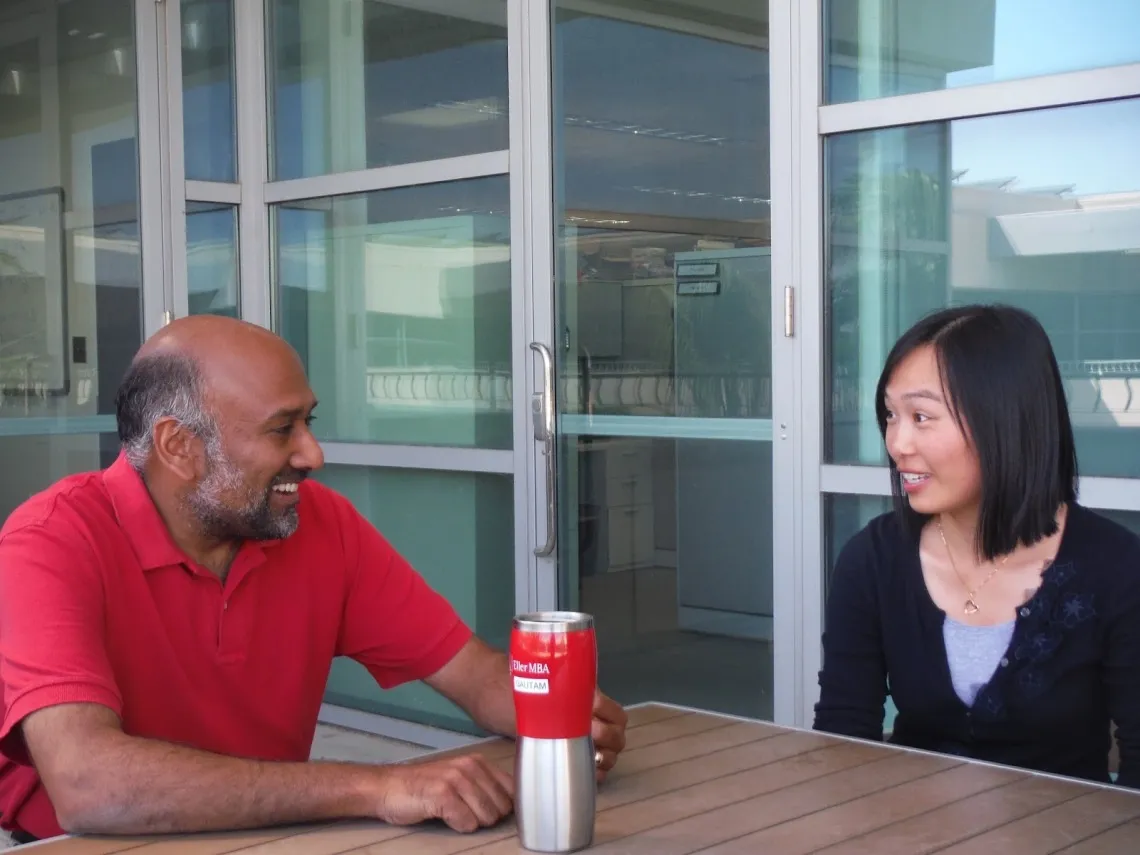
Jianjing Lin, one of the first University of Arizona students to use High Performance Computing (HPC) in the Economics department here at the University of Arizona. Lately, here at the University of Arizona, the HPC community has been growing, and more and more students and faculty are being introduced to these facilities the University of Arizona provides through UITS.
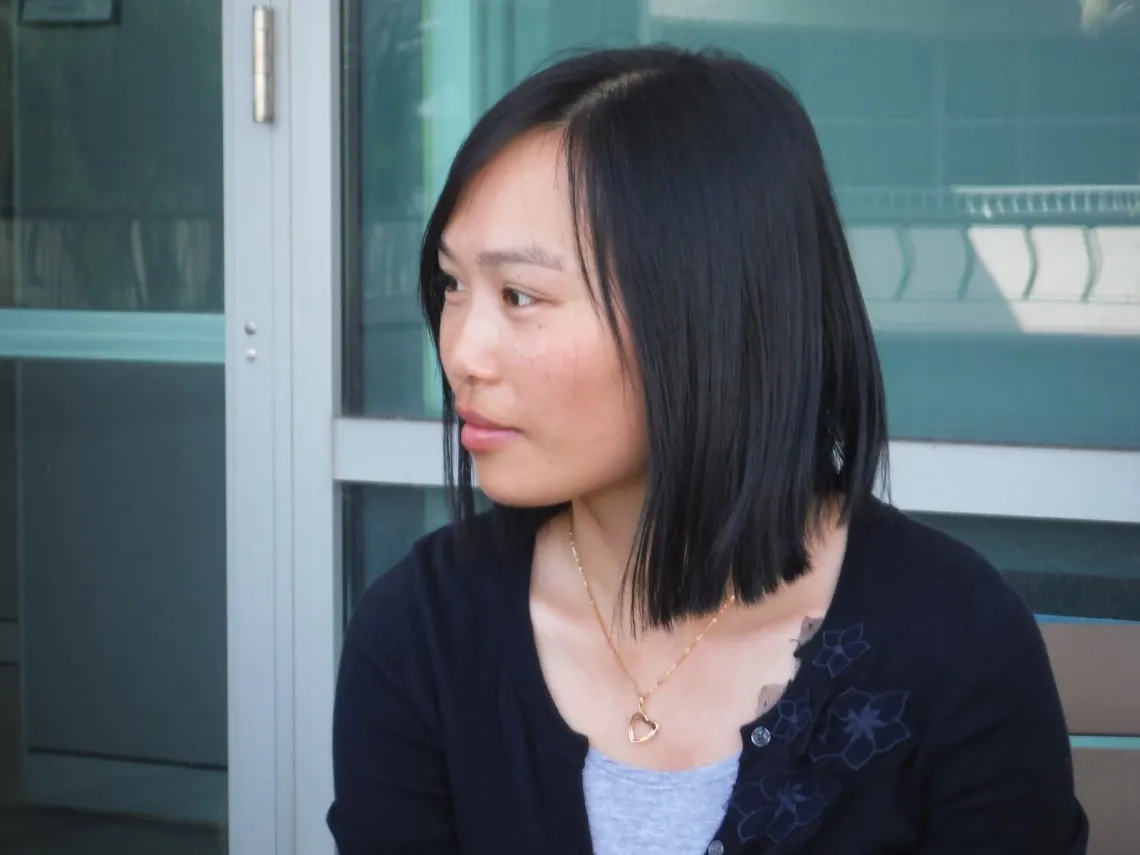
Dr. Jianjing Lin, recent Ph.D. graduate of the University of Arizona Economics Department
As projects gets bigger, and calculations get longer, it is harder for students and staff to use their own facilities, and computers. So they head over to the research computing team located in the basement of the Computer Center, and ask for ideas on how they can process more inputs, and obtain their outputs more quickly. The response has been HPC, this was also the response for Jianjing Lin’s dissertation research which required large scale computing as well as parallel processing powers.
Jianjing Lin’s projects focused on the economics of Medical billing and Health IT (HIT). Her goal was to simulate hospital behaviors regarding HIT in order to understand the causes of coordination in this industry. She did this by writing down models of hospital behavior, then computing those, then seeing what levels of complementarities make those models match up with reality. From that, using statistics, she then backs out how much complementarities are there. This allows her to figure out the behavior of hospitals at different times, in order to model their profit maximizing decision process. Dr. Lin does this by using parallel processing. There are different states a hospital could be at so you compute it separately for each state and then lump it together. This is a typical method used in Economics, which is amenable for HPC systems.
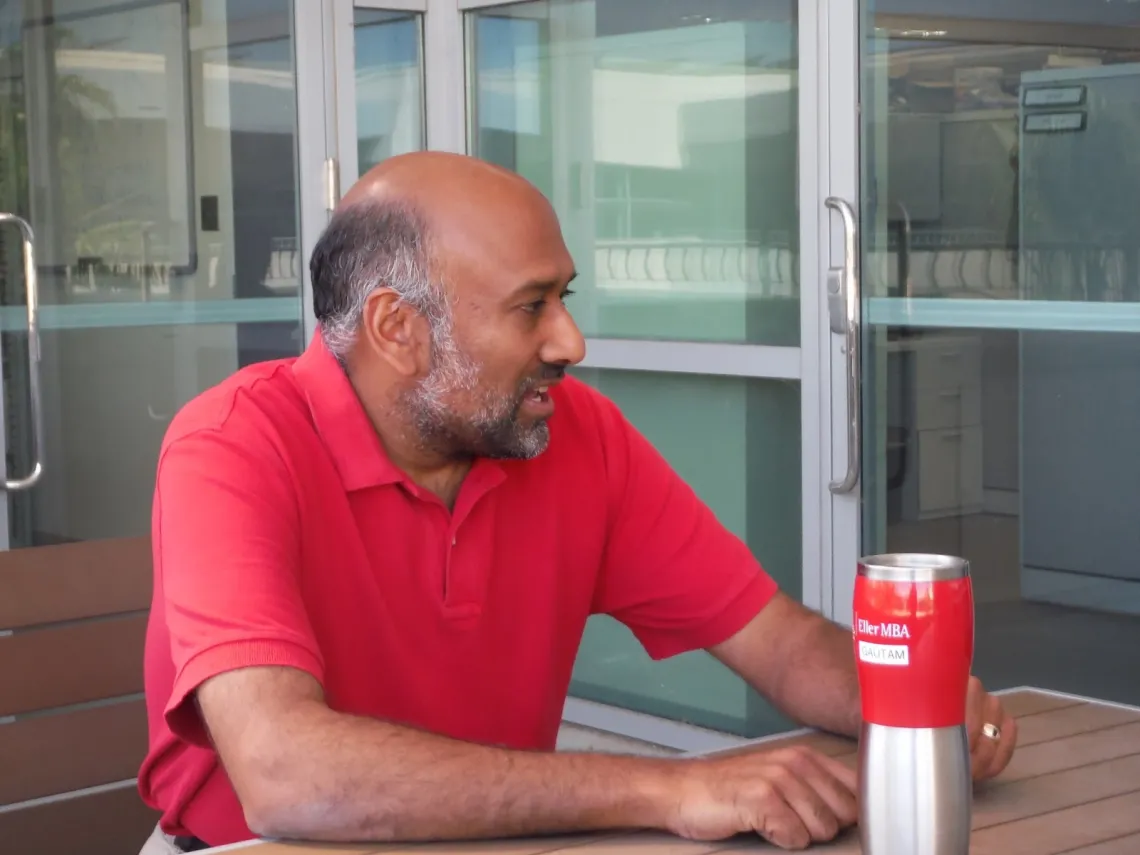
Gautam Gowrisankaran, Arizona Public Service Professor of Economics
Dr. Lin’s dissertation committee chair and HPC sponsor for her research was Arizona Public Service Professor of Economics Gautam Gowrisankaran, who has taught at the University of Arizona since 2007. He earned his Ph.D. from Yale University in 1995 and has worked on applied microeconomics ever since, specifically in industrial organization, healthcare economics and energy economics.
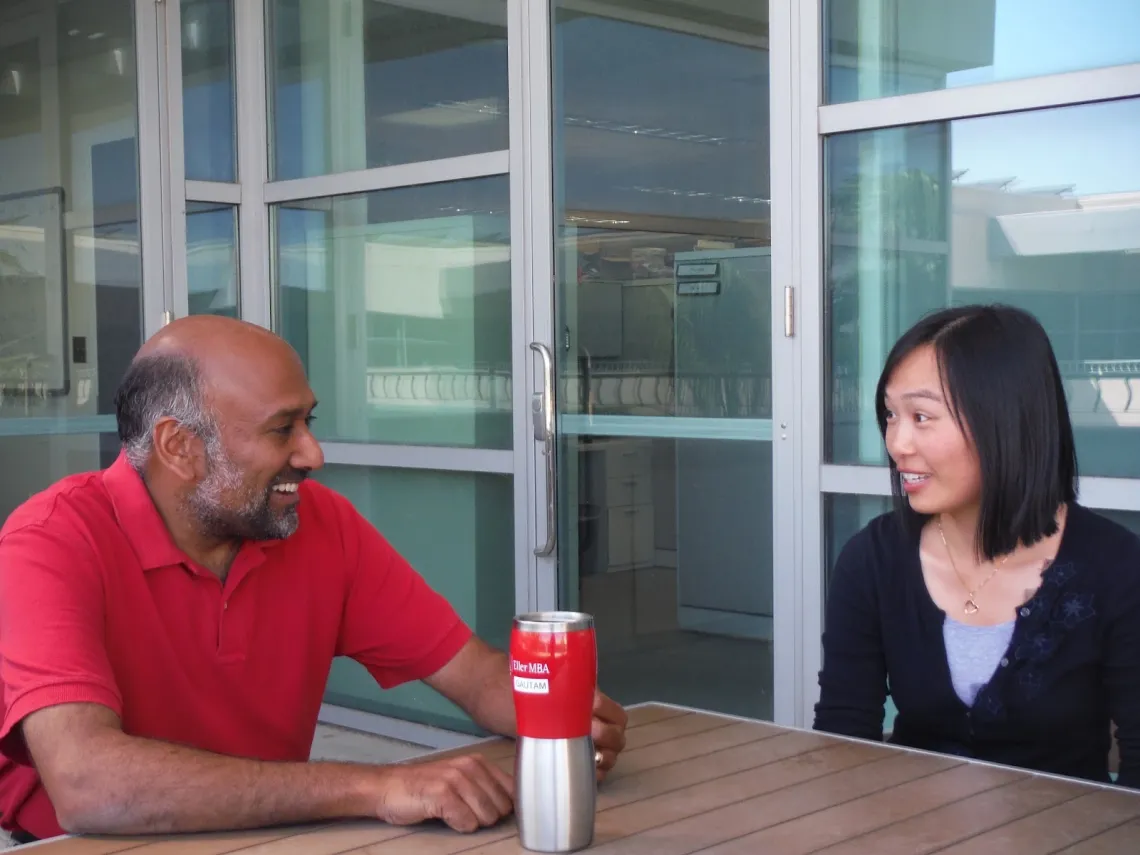
Gautam Gowrisankaran and Jianjing Lin
Prof. Gowrisankaran teaches Industrial Organization as well as Competitive Strategy in the MBA program. Through his doctoral class, he met Jianjing Lin as one of his students. He perceived her as someone who seemed very interested in the topics he would teach, so he approached her and asked if she would be interested in working with him for her paper. She accepted the offer, and was able to do a great work on the topic. Gautam Gowrisankaran was not the only one who worked with Dr. Lin. Keith Joiner, Professor of Economics and Medicine, Director of Center for Management Innovations in Health Care, and former Dean of the University of Arizona College of Medicine, worked closely with Dr. Lin on the clinical and policy aspects of her research.
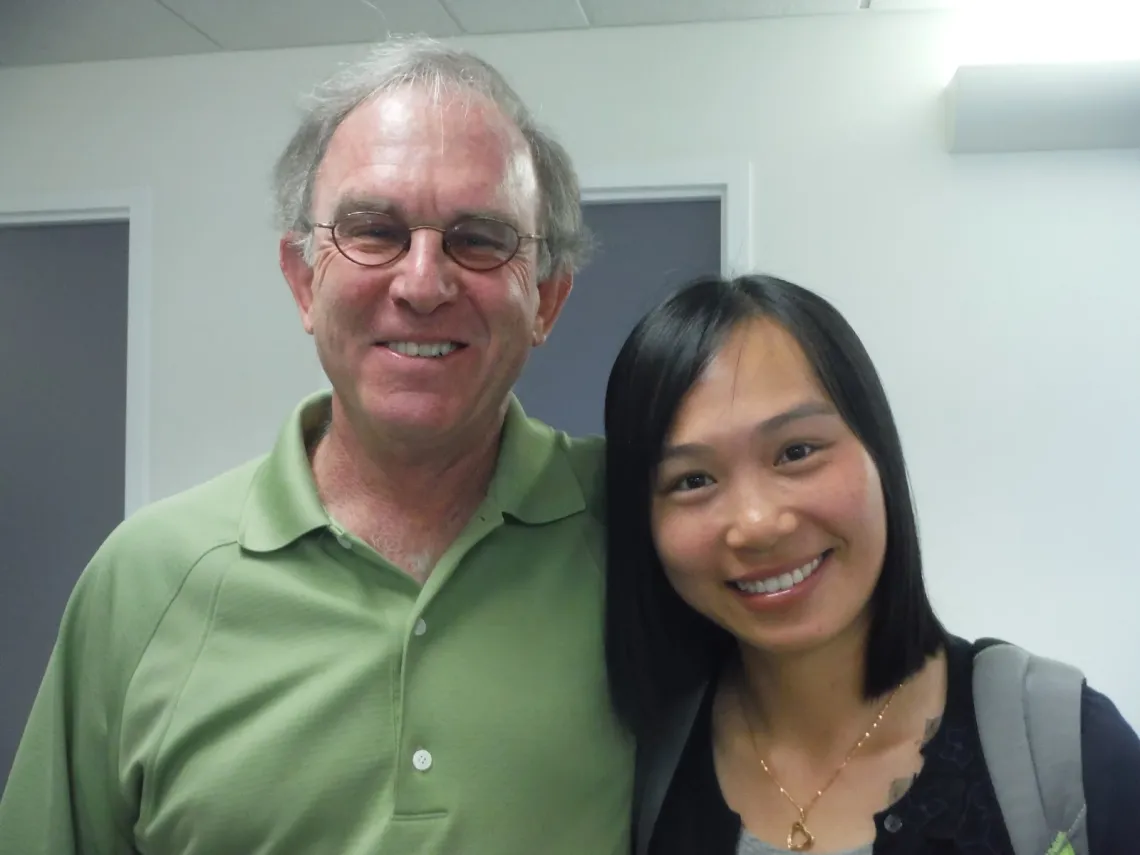
Keith Joiner and Jianjing Lin
Jianjing Lin decided to study economics 10 years ago, because she felt that economics relates to everyday life, and she wanted to help solve the problems facing us and the world. This field is a challenging one for those who are not up to the task, but for Dr. Lin a challenge is what she aims for. The harder the question, the more fun it is to find the answer to it. This has been her ideology, and will continue to be as she heads off to Tulane University this summer to start her new position as a Postdoctoral Fellow, helping solve the problems facing this world today and in the future.
